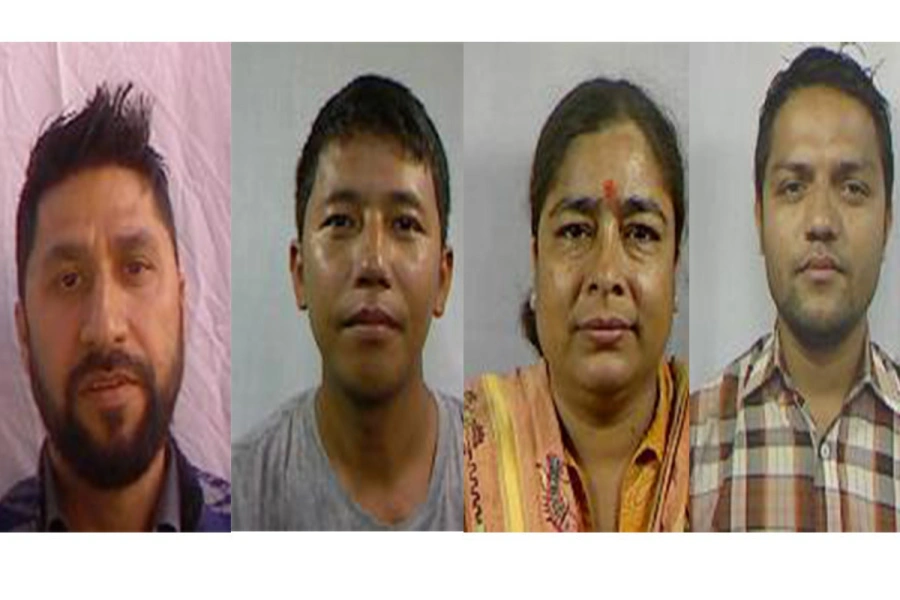Feb 2: The emerging BA.2 form of the Omicron coronavirus variant does not seem to be any more severe than the original BA.1 form, an official of the World Health Organization said on Tuesday.
Vaccines also continue to provide similar protection against the different forms of Omicron, Dr. Boris Pavlin of the WHO's COVID-19 Response Team told an online briefing.
The comments come as the BA.2 subvariant begins to replace Omicron's more common "original" BA.1 subvariant in countries such as Denmark.
Omicron subvariant appears more contagious, but not more severe...

Based on data from Denmark, the first country where BA.2 overtook BA.1, there appears to be no difference in disease severity, although BA.2 has the potential to replace BA.1 globally, Pavlin added.
"Looking at other countries where BA.2 is now overtaking, we're not seeing any higher bumps in hospitalization than expected," he said.
BA.2 is more transmissible than the more common BA.1 and more able to infect vaccinated people, according to a Danish study which analysed coronavirus infections in more than 8,500 Danish households between December and January. read more
The subvariant is already becoming dominant in the Philippines, Nepal, Qatar, India and Denmark, Pavlin said.
He added: "Vaccination is profoundly protective against severe disease, including for Omicron. BA.2 is rapidly replacing BA.1. Its impact is unlikely to be substantial, although more data are needed.”







































